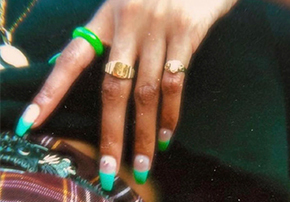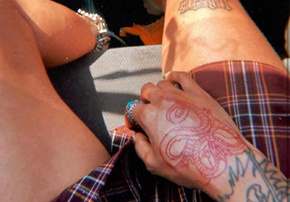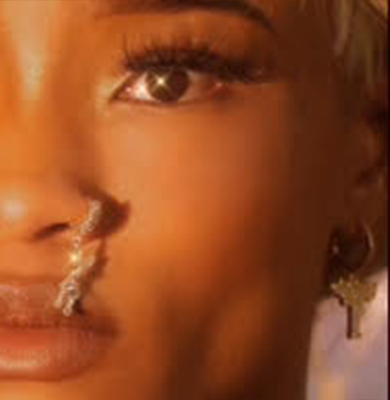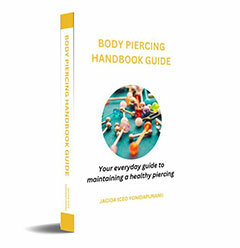Posted by YoniDa'Punani on 10th Aug 2022
How to Clean Piercings: The Definitive Guide
If you have piercings, you know they need to be cleaned regularly to avoid infection and other problems. Cleaning your piercings is not difficult, but it can be confusing if you are unsure what to do. This blog post will provide a comprehensive guide on how to clean piercings safely and effectively. We will cover everything from basic piercings to more complex ones, so read on for all the information you need!
How to clean a piercing - Step By Step Guide.
Here is a step-by-step guide on how to clean a piercing:
Step One: Wash Your Hands
When cleaning your piercings, the first and most important step is washing your hands. This will help ensure that you do not introduce bacteria or other contaminants into the piercing site. If you do not have access to soap and water, you can use an alcohol-based hand sanitizer. If you don't wash your hands before starting the cleaning process, all your efforts will be for nothing!
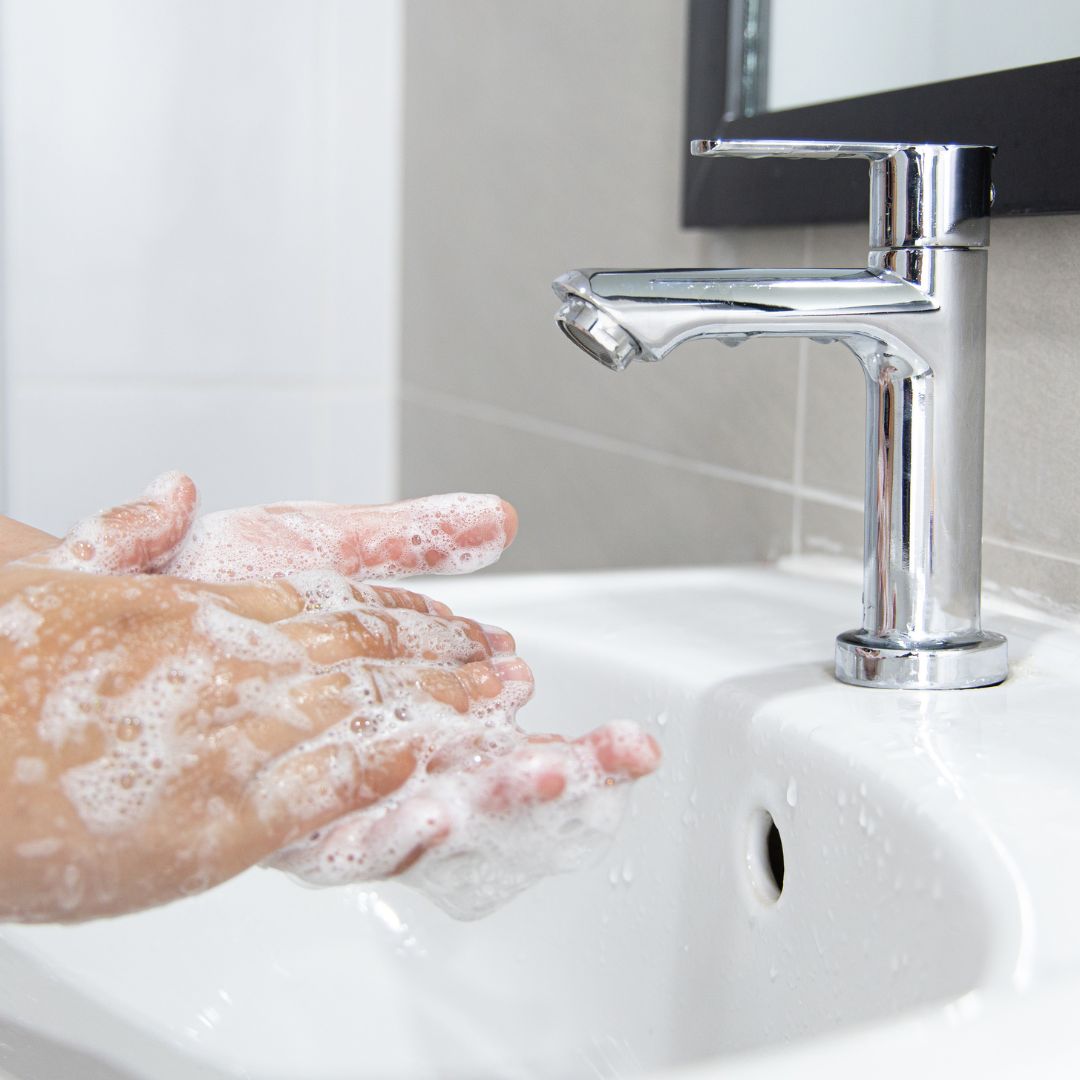
Step Two: Gather Your Supplies
The next step is gathering all the supplies you need. This includes a gentle cleanser (such as liquid soap), cotton balls or gauze pads, and sterile water. You may also want to have a cup or bowl handy to soak your piercing in. The gentle cleanser is for washing the actual piercing site, while the cotton balls or gauze pads can be used to apply pressure if needed. The sterile water is for rinsing the piercing after you have cleaned it.
Step Three: Clean the Piercing Site
Once you have gathered all of your supplies, it is time to start cleaning the piercing site. Begin by wetting a cotton ball or gauze pad with the gentle cleanser. Gently clean around the piercing, being careful not to touch the actual piercing itself. Once you have finished cleaning, rinse the area with sterile water. Repeat this process until all of the discharge and crusting has been removed from the piercing site.
Step Four: Soak the Piercing
After you have cleaned the piercing site, it is time to soak the piercing. This helps to loosen any dried discharge that may be present. Fill a cup or bowl with sterile water and add a pinch of salt. Soak the piercing in this solution for five to ten minutes. Once you are finished soaking, rinse the piercing with sterile water.
Step Five: Dry the Piercing
Once you have finished soaking and rinsing the piercing, it is time to dry it. Gently pat the piercing dry with a clean cotton ball or gauze pad. Do not use a towel to dry the piercing, as this can introduce new bacteria. Once the piercing is dry, you can apply a small amount of piercing aftercare solution. This helps to soothe the area and keep it clean.
That's it! These are the five simple steps you must follow in cleaning your piercing properly. Remember, if you have any questions or concerns, be sure to speak with your piercer or healthcare provider. They will be able to give you specific instructions for taking care of your piercing.
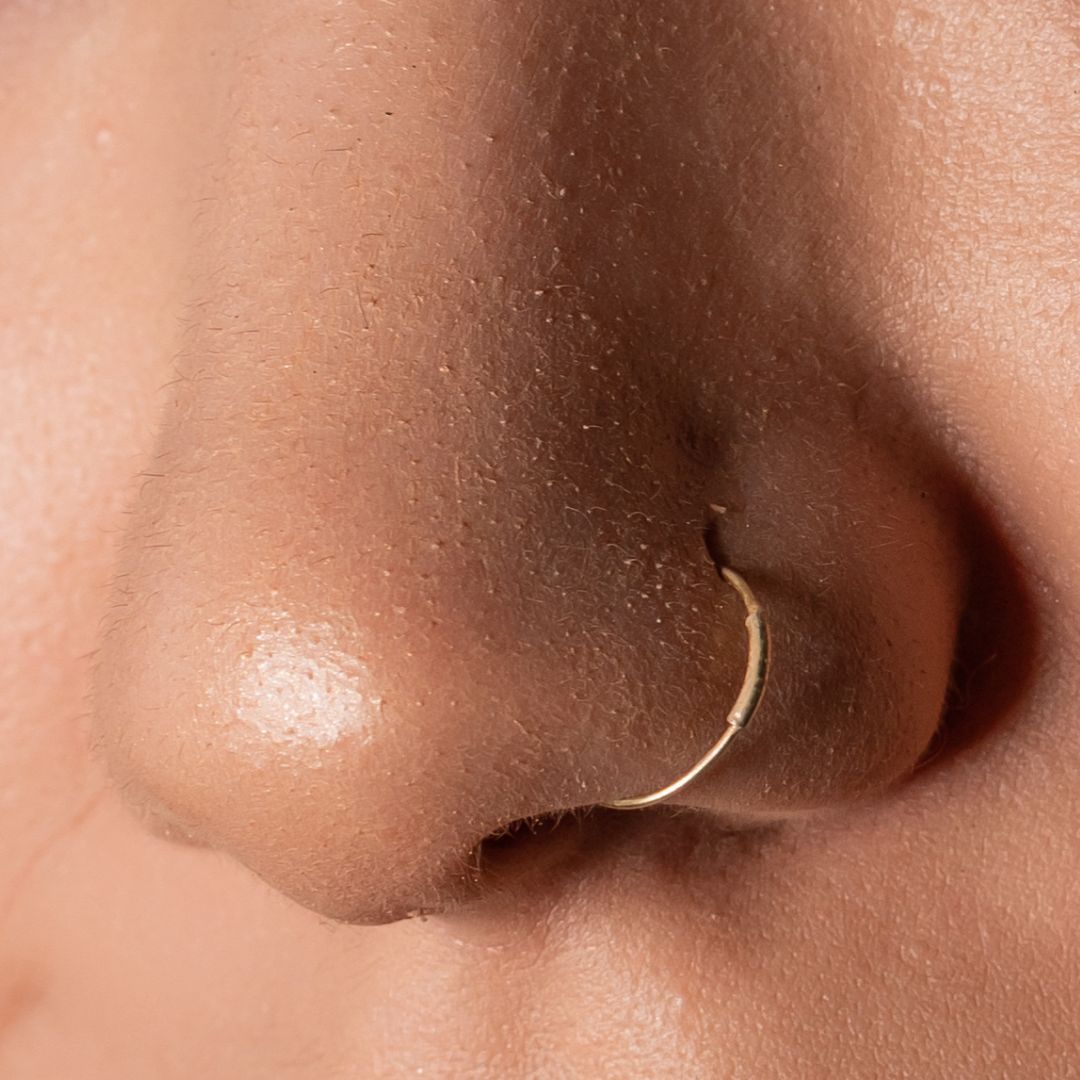
What To Do If There Is An Infection?
If you think your piercing may be infected, it is important to seek medical attention as soon as possible. An infection can cause serious health problems if it is not treated promptly. Some signs of an infected piercing include redness, swelling, pain, discharge, and crusting. Contact your piercer or healthcare provider immediately if you notice any of these symptoms.
How Often Should I Clean My Piercing?
You should clean your piercing at least once a day or more if necessary. If you are experiencing any discharge or crusting, you may need to clean the piercing more frequently. It is also important to clean the piercing after any activities that may have introduced bacteria (such as swimming or sweating).
Also read: Nose Piercing Care Tips
General Tips For Taking Care Of Piercings
In addition to cleaning your piercing regularly, you can follow a few general tips to help keep your piercing healthy.
1. Avoid Touching Your Piercing
One of the most important things you can do is to avoid touching your piercing. This includes not only the actual piercing site but also any jewelry that is in the piercing. Touching your piercing can introduce bacteria and increase your risk of developing an infection.
2. Avoid Irritants
Another important thing to do is to avoid any irritants. This includes things like perfumes, lotions, and makeup. These products can cause irritation and increase your risk of developing an infection.
3. Avoid Submerging Your Piercing
It is also important to avoid submerging your piercing in water. This includes things like swimming, hot tubs, and baths. Water can introduce bacteria and increase your risk of developing an infection.
What To Do If Something Goes Wrong With Your Piercing?
If you experience any problems with your piercing, it is important to seek medical attention as soon as possible. Some problems that may occur include infection, migration, and rejection. These can all cause serious health problems if they are not treated promptly. If you have any questions or concerns, be sure to speak with your piercer or healthcare provider immediately.
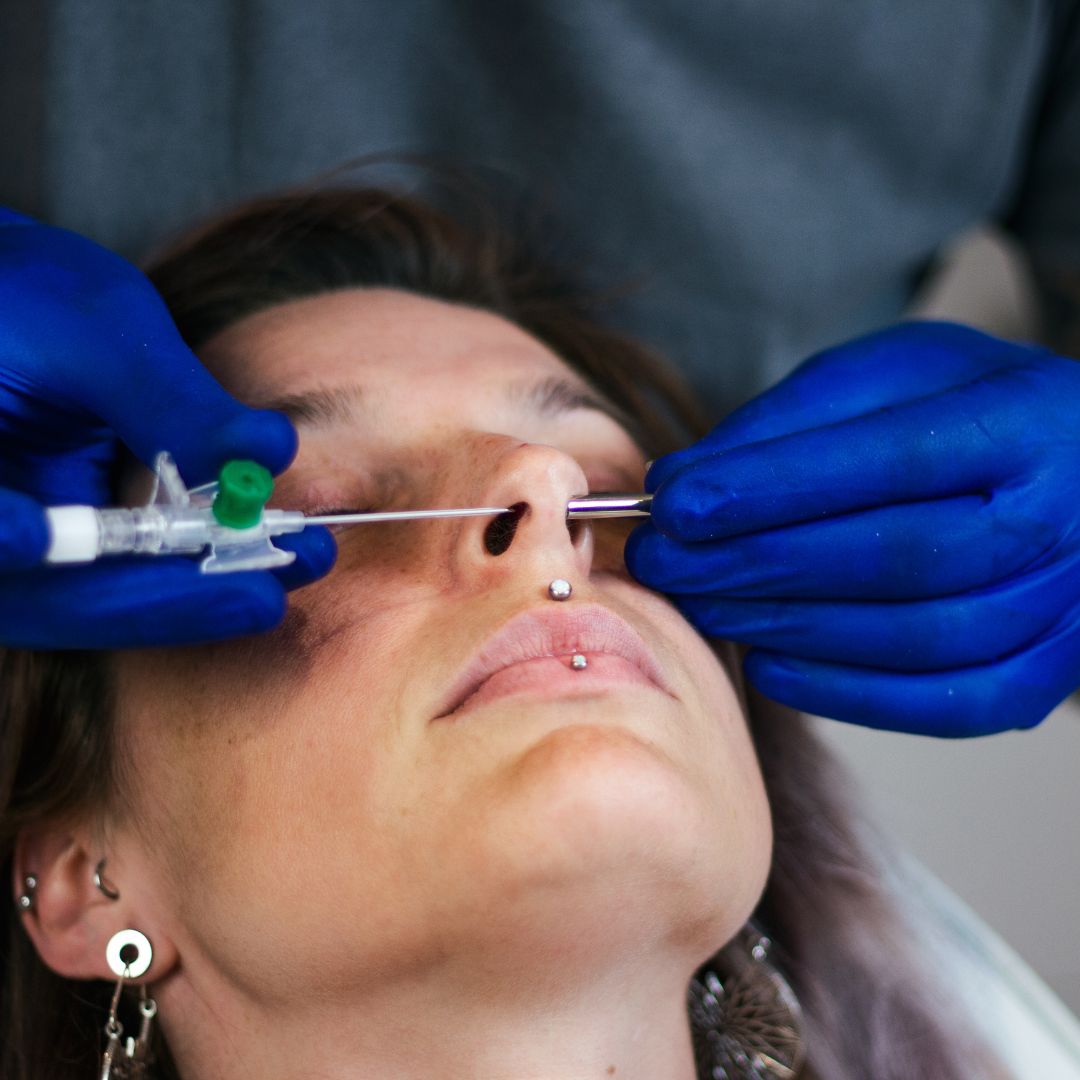
Aftercare Instructions For Specific Types of Piercings
A few aftercare instructions are specific to certain types of piercings.
1. Navel piercings
It should be cleaned with a saltwater solution twice a day. This is because the belly button is a deep piercing and is more susceptible to infection. In addition, it is important to avoid tight clothing and exposure to sunlight.
2. Cartilage piercings
It is important to clean cartilage piercings with a saltwater solution at least once a day. This helps to prevent infection. In addition, it is important to avoid touching the piercing unnecessarily and exposure to sunlight.
3. Oral piercings
It is important to clean oral piercings with a saltwater solution at least twice a day. This helps to prevent infection. In addition, it is important to brush your teeth regularly and avoiding chewing on hard objects is important.
Conclusion
Taking care of a piercing is not difficult, but it does require some effort. By following the proper aftercare instructions, you can help to prevent infection and other problems. If you have any questions or concerns, be sure to speak with your piercer or healthcare provider.
Now that you are aware of the cleaning method of the piercings, head over to our body jewelry collection and choose the one that suits your personality and type.
